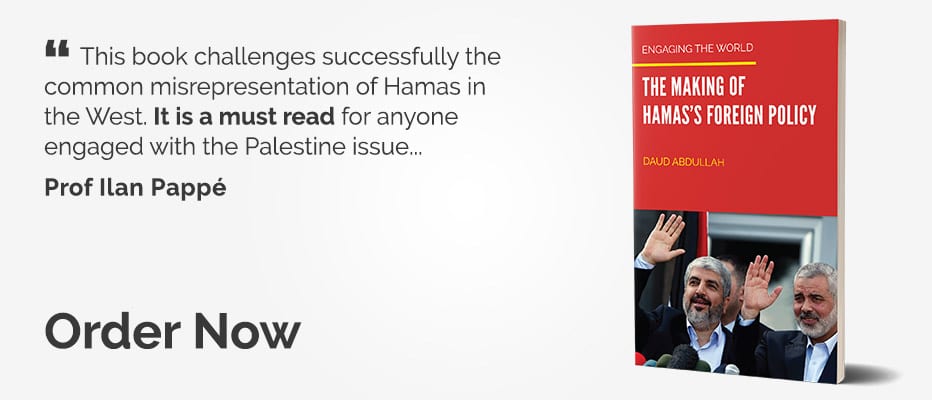A series of Quran burnings authorised by Swedish authorities sparked worldwide condemnation and mass protests in several Muslim-majority countries.
These incidents also reignited the ongoing debate regarding the delicate balance between freedom of speech and protecting religious groups from acts that incite hatred or harm.
In Sweden, freedom of assembly, expression and demonstration are constitutionally protected rights. This means that any individual in Sweden has the right to express their opinions, even if they are offensive or disrespectful to certain religious beliefs.
Historically, Sweden had laws prohibiting blasphemy which were rooted in its close association with the church, but throughout the 20th century, Sweden gradually moved towards secularisation and blasphemy was decriminalised. Reintroducing a ban on the burning of religious books would require the enactment of a new law, which has not been pursued by the Swedish government.
At the start of 2023, far-right Danish-Swedish politician Rasmus Paludan, who is known for his Quran-burning protests, set alight a copy of the Muslim holy book outside a mosque, fueling global outcry.
Inspired by Paludan, Iraqi Christian immigrant Salwan Momika applied for a permit to burn the Quran outside the Iraqi embassy. But police did not grant his request on the grounds that it may cause a public disturbance. A court eventually overturned the police decision, which it saw as infringing on his right to freedom of expression. Police have been left with taking other precautions, from restricting where burnings can occur to what can be said, in an effort to balance the prevention of hate speech and incitement to violence with the preservation of the fundamental principle of freedom of expression. But many today accuse Sweden of failing to address a rise in "Islamophobia".
READ: Quran, Iraq flag desecrated in front of Iraq Embassy in Sweden
Momika was eventually granted permission to burn a copy of the Quran outside a mosque where Swedish Muslims had gathered on 28 June 2023 to celebrate the Muslim holiday of Eid Al-Adha.
In response to these events, a Swedish resident of Muslim, Syrian origin requested permission to burn the Torah and the Bible, which also drew worldwide condemnation. Although Ahmed Allush never intended to go through with burning the holy books, saying he would never do such a thing as a Muslim and that he wanted to draw attention to the fact that no sacred book should be burned – his act of protest reflects the potential escalation of tensions amongst religious groups in light of the wave of Quran burnings in Sweden.
While freedom of expression is a fundamental pillar of any democratic society, allowing individuals to express their opinions, engage in open dialogue and challenge prevailing ideas, this freedom is not absolute and must be weighed against the potential harm it may cause to others. In this case, the harm principle suggests that restrictions on freedom of expression can be justified when speech incites violence, hatred, or discrimination against specific individuals or groups. This is reflected in the passing of a resolution against the desecration of the Quran by the UN Human Rights Council (UNHCR) in July 2023.
As tensions escalate and the world braces for more burnings and protests, Sweden finds itself at a crossroad, contemplating the delicate balance between freedom of expression and protecting religious groups from hate speech and, in this case, rising Islamophobia. While on the one hand the Swedish government has condemned the burnings of the Quran, stating that they "in no way reflect the views of the Swedish government" and describing them as "Islamophobic" and many Swedes have spoken out against the perpetrators, many in the country still believe introducing a law that bans the burning of holy books would infringe upon the democratic right to free speech.
READ: Turkiye issues arrest warrant for far-right Danish politician over Quran burning
The views expressed in this article belong to the author and do not necessarily reflect the editorial policy of Middle East Monitor.



